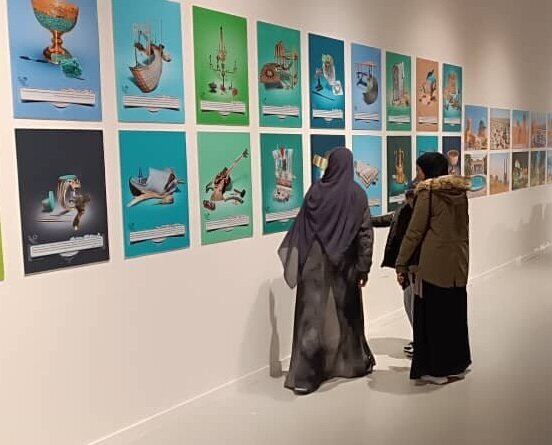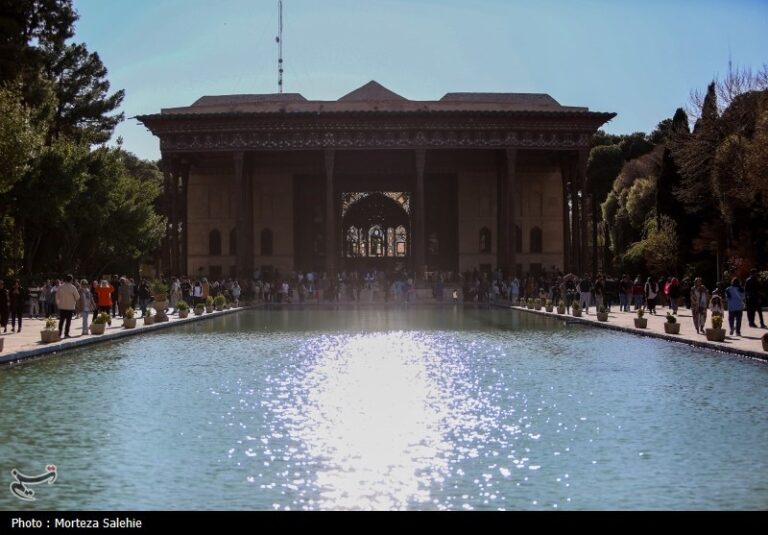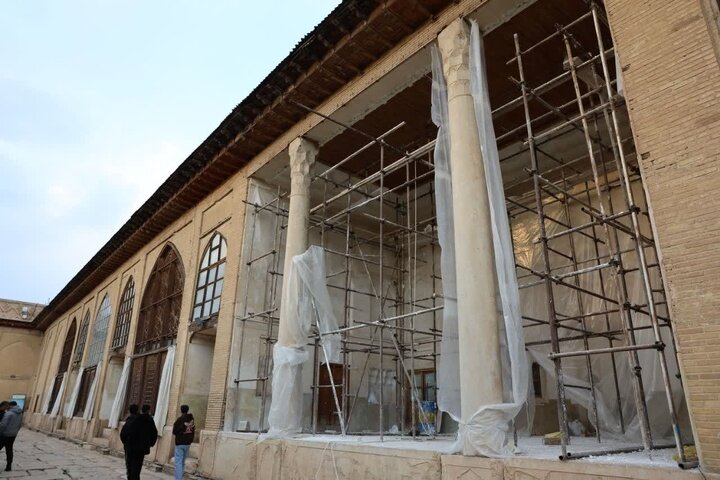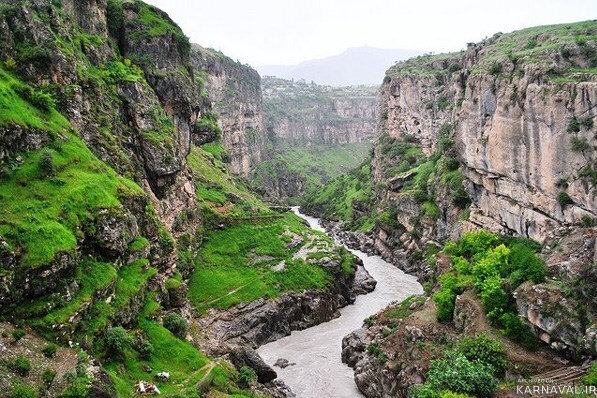ECO Member States Set New Standards for Sustainable Tourism in Accommodation Facilities
In a significant development for sustainable tourism, member states of the Economic Cooperation Organization (ECO) convened virtually for the 6th Meeting of the ECO Working Group on Tourism Standardization (WGTS). This meeting primarily aimed at finalizing a comprehensive set of sustainable tourism criteria for accommodation facilities across the region. The organizers announced that this meeting marked a pivotal step in advancing a unified approach to sustainability in the tourism sector among ECO countries.
Tourism officials and representatives from eight member states participated in this vital session, including:
- Azerbaijan
- Kazakhstan
- Kyrgyz Republic
- Pakistan
- Tajikistan
- Turkmenistan
- Türkiye
- Uzbekistan
The key outcome of the meeting was the near-final draft of the ECO Sustainable Tourism Common Criteria for Accommodation Facilities. This set of criteria aims to guide environmentally responsible practices within the hospitality industry across the ECO region.
During the discussions, the delegates focused on several critical areas, including:
- The operational framework of the proposed criteria
- Procedures for application
- Certification and post-certification monitoring of tourism establishments
- Eligibility requirements and implementation strategies
- The overall scope of the standards
The standards are intended to serve as a regional benchmark for sustainable tourism development across ECO countries. One of the central topics of debate was whether the adoption of these criteria should be mandatory or voluntary. Experts at the session leaned toward advocating for a voluntary model, highlighting the need for a robust verification mechanism to assess applications effectively. This mechanism is crucial to ensure transparency and consistency throughout the certification process.
“This initiative represents a significant milestone in regional cooperation for sustainable tourism,” noted one of the attending experts. “It provides a shared framework that respects national contexts while encouraging hotels and accommodations to commit to higher environmental and social standards.”
The finalized document is anticipated to be presented for further deliberation and potential adoption during the upcoming 8th Meeting of the High-Level Expert Group on Tourism. This session will precede the 6th ECO Ministerial Meeting on Tourism, which is scheduled to take place on April 25, 2025, in Erzurum, Türkiye.
If adopted, these criteria will mark the first harmonized regional standard for sustainability in tourism accommodation within the ECO framework. This development represents a significant step forward in fostering eco-conscious growth in one of the region’s most vital economic sectors.
As countries strive to enhance their tourism sectors amid growing environmental challenges, the establishment of a common set of sustainable tourism criteria serves as an essential tool. It not only addresses the pressing need for environmentally friendly practices but also promotes collaboration among member states to achieve shared sustainability goals.
Stakeholders across the ECO region are optimistic that these criteria will lead to improved tourism practices that benefit both the environment and local communities. By engaging in dialogue and cooperation, ECO member states are taking important steps toward establishing a more sustainable tourism sector that can thrive while respecting the natural and cultural heritage of the region.
In conclusion, the 6th Meeting of the ECO Working Group on Tourism Standardization has set the stage for a transformative shift in how tourism is approached within the region. As the finalized criteria move toward potential adoption, the ECO countries are poised to become leaders in sustainable tourism, paving the way for a more responsible and eco-friendly future.






